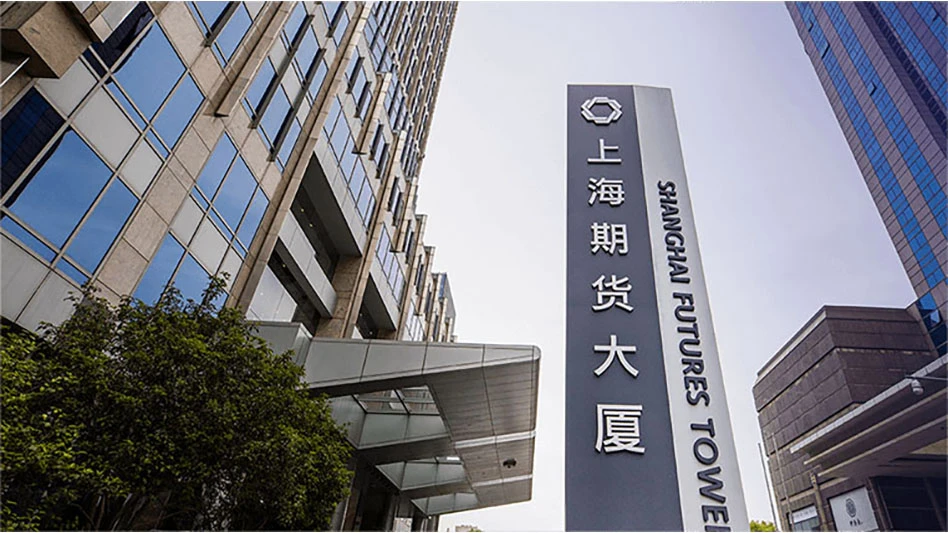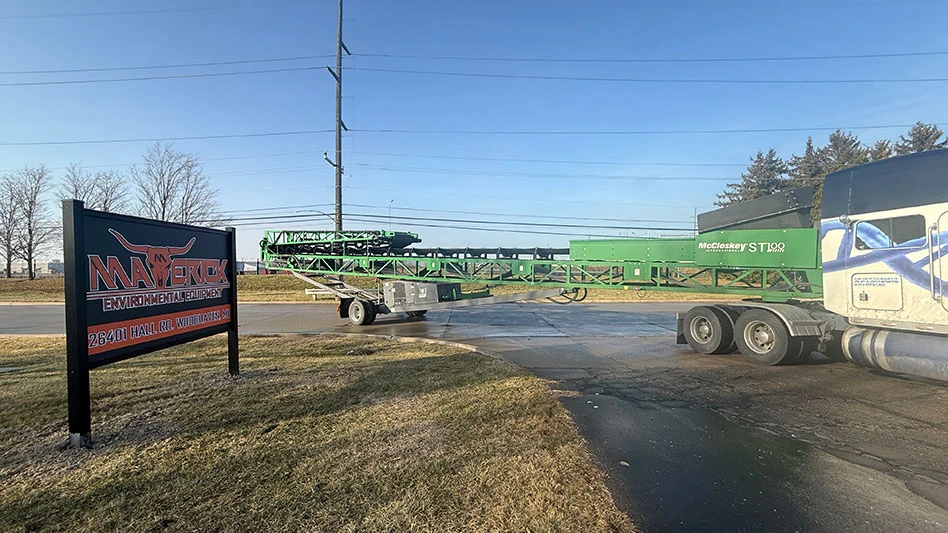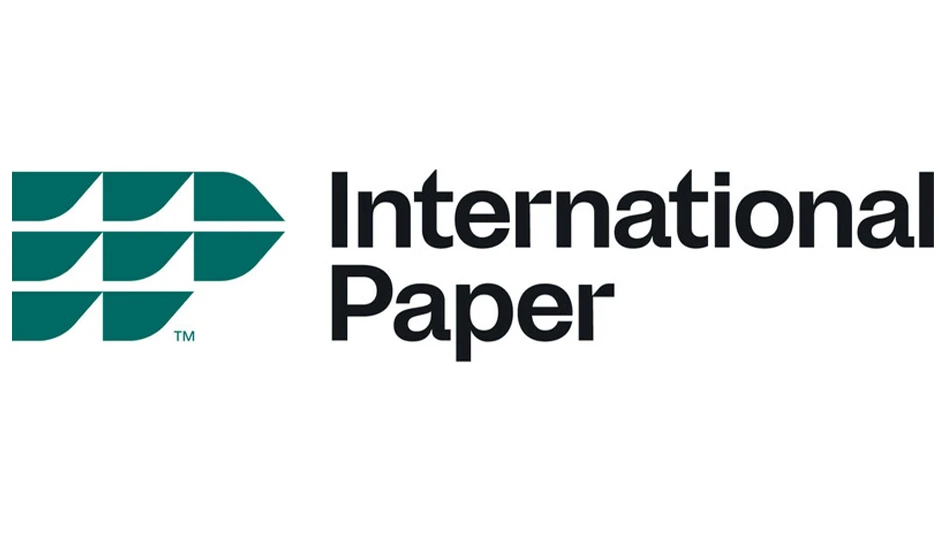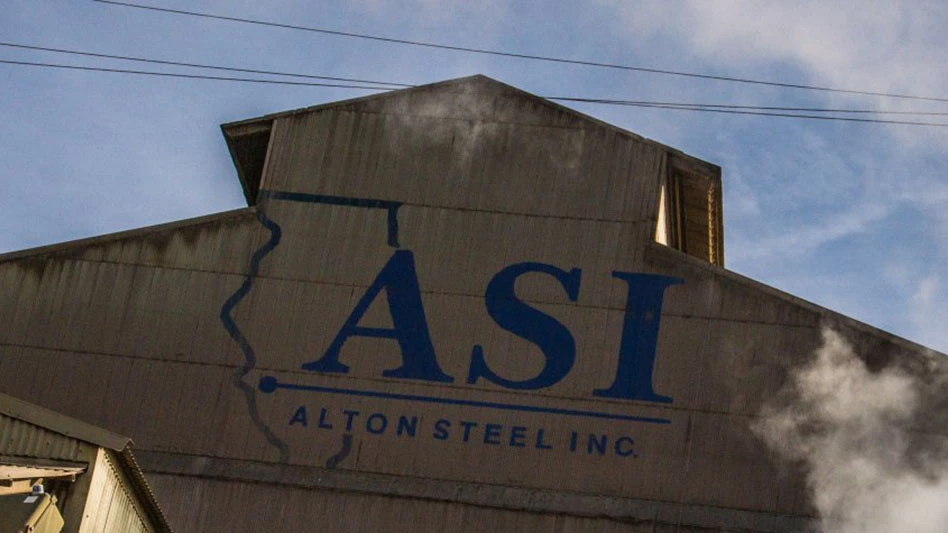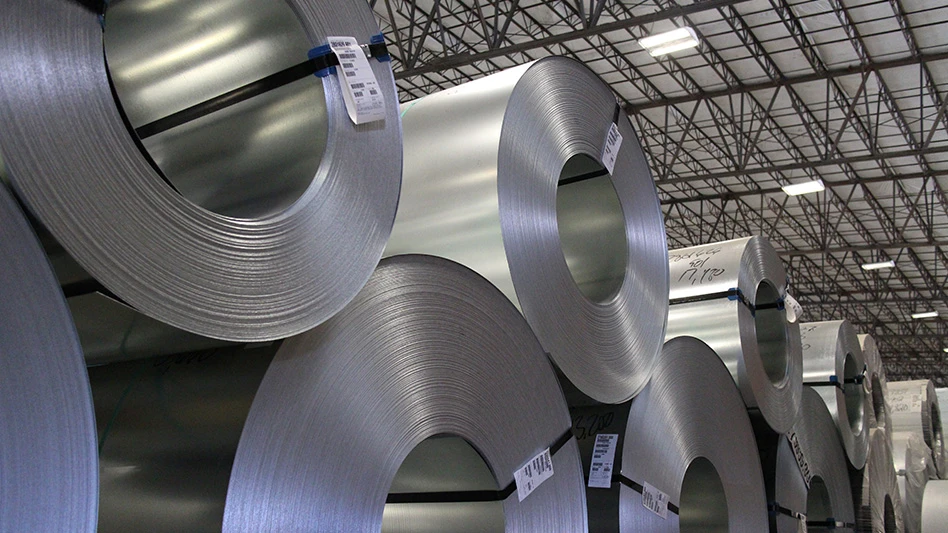
Photo courtesy of Redwave
Austria-based recycling and sorting technology provider Redwave has supplied global recycling and packaging company Visy with “Australia’s most advanced glass recycling facility,” valued at about $21.9 million.
The facility has been designed to process 200,000 metric tons of recycled glass annually. Visy, the operator, is part of Anthony Pratt’s portfolio of companies, which also includes Conyers, Georgia-based Pratt Industries, a recycled-content containerboard producer and recycling facility operator in the United States.
Redwave, which has a North American business unit based in Alpharetta, Georgia, took part recently at opening ceremony at the glass recycling plant in Laverton (near Melbourne), Australia. The company says the facility is the culmination of a "groundbreaking" collaboration between Redwave and Visy.
The Laverton plant is equipped with the latest sorting technology and replaces a previous facility.
“At Visy, we are committed to closing the loop for glass in Victoria,” says Wayne Russell of Visy, referring to the Australian state in which Laverton is located. “By building our brand new glass recycling facility with Redwave’s world-class optical sorters we’ve doubled the amount of glass we can recycle.
“Our partnership with Redwave means we have state-of-the-art equipment supported by a trusted and reliable technology partner.”
Serving also as general contractor of the project, Redwave was responsible for the entire process of design, engineering, delivery, installation and commissioning of the Laverton plant. The Austrian company says the process was focused on ensuring a maximum yield of cullet.
With its processing capacity of 200,000 metric tons annually, the new plant will receive two-thirds of its input from curbside mixed recycling collections—glass shipped from material recovery facilities (MRFs).
The other one-third of the material will come from a newly established Victorian container deposit system known as CDS Glass.
“We take pride in Redwave’s significant contribution to reducing glass landfilling in Australia,” Redwave CEO Silvia Schweiger-Fuchs says. “With our exceptional sorting quality, we can now reintroduce this glass into the recycling loop, facilitating the creation of new bottles.”
On arrival at the Visy plant, glass is sorted into three different colors and reduced to three millimeters (about one-twelfth of an inch) in size. The three-category sorting ensures a reliable supply of flint (clear), amber and green glass for future glass bottle and jar production.
The plant also maximizes the harvesting of byproducts, diverting from landfill and recovering other secondary materials, and the sorting system operates autonomously. Redwave says the automation is geared toward eliminating the need for manual sorting.
The Visy plant deploys its proprietary CX camera and lighting unit to create a system that “skillfully" separates glass-ceramics, ceramics, stones, porcelain and off colors through a multistage sorting process.
The company’s “Mate” plant software is designed to optimize plant efficiency by collecting and processing real-time production data.
Redwave indicates a follow-up contract to build another glass recycling facility for the company near Brisbane, Australia, has been awarded. That project is already underway and is scheduled for completion in early 2025.
Latest from Recycling Today
- Stadler equips Spanish MRF
- SSAB finishes 2025 with decreased revenue
- Vecoplan appoints CFO
- Aurubis raises full-year forecast
- Levitated Metals adds LIBS sorting technology
- Redwood Materials closes on $425M in Series E financing
- Updated: Wieland Chase expands northwest Ohio facility
- Recovered paper traders report lukewarm market
